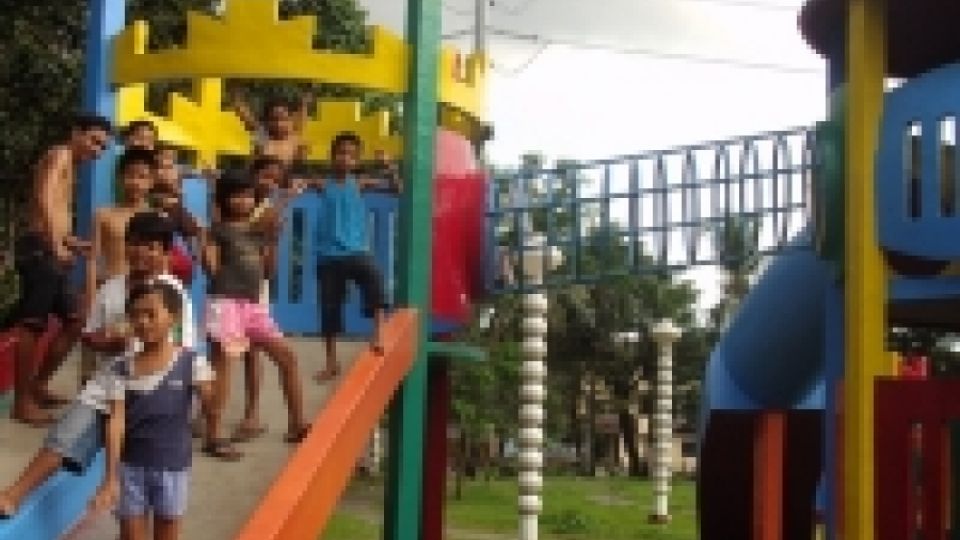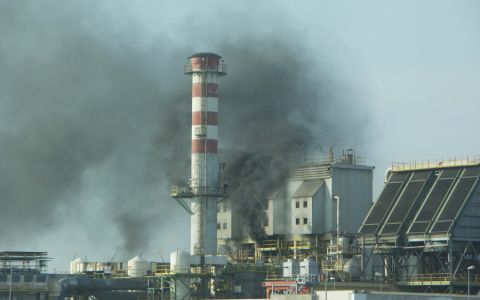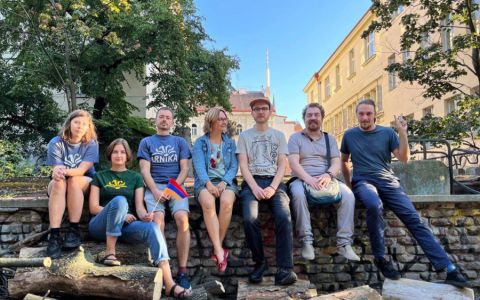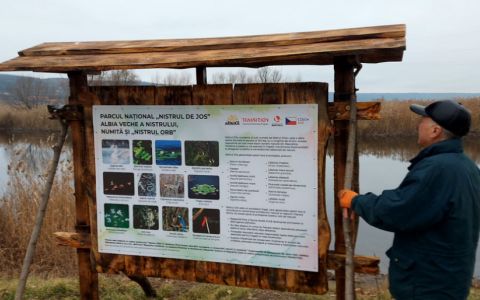The global project Eliminate Lead in Paint has been launched in Bangkok during a meeting of non-governmental organizations from seven Asian countries and the international network IPEN. Arnika was represented by its chairman RNDr. Jindřich Petrlík, the co-chair of the IPEN Heavy Metals Working Group, since Arnika is a coordinator of this group.
“We believe it's important to help protect children in developing countries in South and Southeast Asia from lead contamination caused by paints. Lead has long been known as a toxic metal that primarily affects the nervous system. In spite of this known risk, lead is still intentionally added to paints used on houses or children playgrounds, as the measurings of the Philippine organization EcoWaste Coalition proved during this year” commented the chairman of Arnika RNDr. Jindřich Petrlík on the reasons, why the Czech non-governmental organization decided to take part in this international project financed by the European Union.
Look at our database and find out more about the effects of lead >> on human organism.
The Czech organization can be of assistance to the Asian colleagues, for example by providing necessary chemical analyses of lead, which are obtained from paints or samples of dust from the interior of the buildings. At the same time, Arnika will be helping the non‑governmental organizations with project administration and share its experience with leading campaigns which are focused on reducing the toxic load. According to Petrlík: “the Asian organizations are exceptionally active and certainly do not lack the needed creativity which will enable us to learn a great deal of things ourselves.”
The project has good chances to succeed in prohibiting lead-containing paints in many countries. The Phillipine organization EcoWaste has already managed to ban these paints on Manila playgrounds. “At Quezon City, a part of Manila, the municipal council ordered to remove lead-containing paints from the Quezon Memorial Circle and pledged, that the parks managed by city will be ‘lead-free‘,“ commented on the achievement Manny Calonzo, the co-chair of IPEN from the Phillipines who coordinates this project in Southeast Asia.







